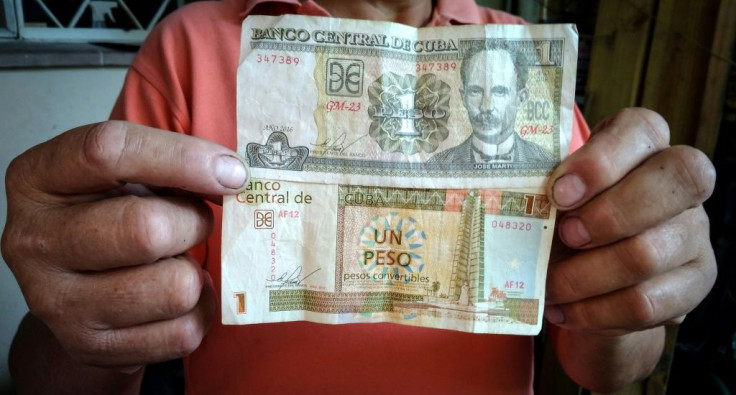Teachers And Lion Tamers Get Same Wage Under Cuban Reform
Cuban school teachers, journalists, lion tamers and doctors-in-training will earn the same salary under reforms spelled out Thursday and taking effect in the new year.
The changes will quintuple the minimum salary to the equivalent of $87 a month and prices in the state-run economy will jump as part of an overhaul in which Cuba's two currencies will be unified, ending a system in place for 26 years.
The new salary framework sets 32 wage levels depending on the job and the maximum is the equivalent of $396 a month, according to a 77-page Labor Ministry document published Thursday in the official government gazette.
It does not specify how much President Miguel Diaz-Canel will earn, nor the head of the Cuban Communist Party, Raul Castro.
Nor does it say how much people in the military or Interior Ministry make.
But among the highest paid are provincial governors, who take home $375 a month, nearly twice that of a computer engineer.

In Cuba's much-vaunted health care system, an intern, or doctor in training, will earn $210 a month. That's the same as a school teacher, a reporter or an animal tamer at a circus.
An Olympic gold medalist in the sports world takes home $232.
About half of Cuba's more than three million civil servants will earn much less than the average salary of about $159 a month, said Cuban economist Pedro Monreal.
The reform package will see the convertible peso, which is pinned to the dollar and was introduced in 1994 to replace the US currency, phased out over the next six months.
It will leave only the regular peso, which is worth 24 times less.
The idea is to make the Cuban economy more efficient and easier to understand for foreign investors.
This comes at a time when the country is reeling from toughened sanctions imposed by the administration of US President Donald Trump and from a drop in tourism and remittances due to the coronavirus pandemic.
© Copyright AFP {{Year}}. All rights reserved.





















